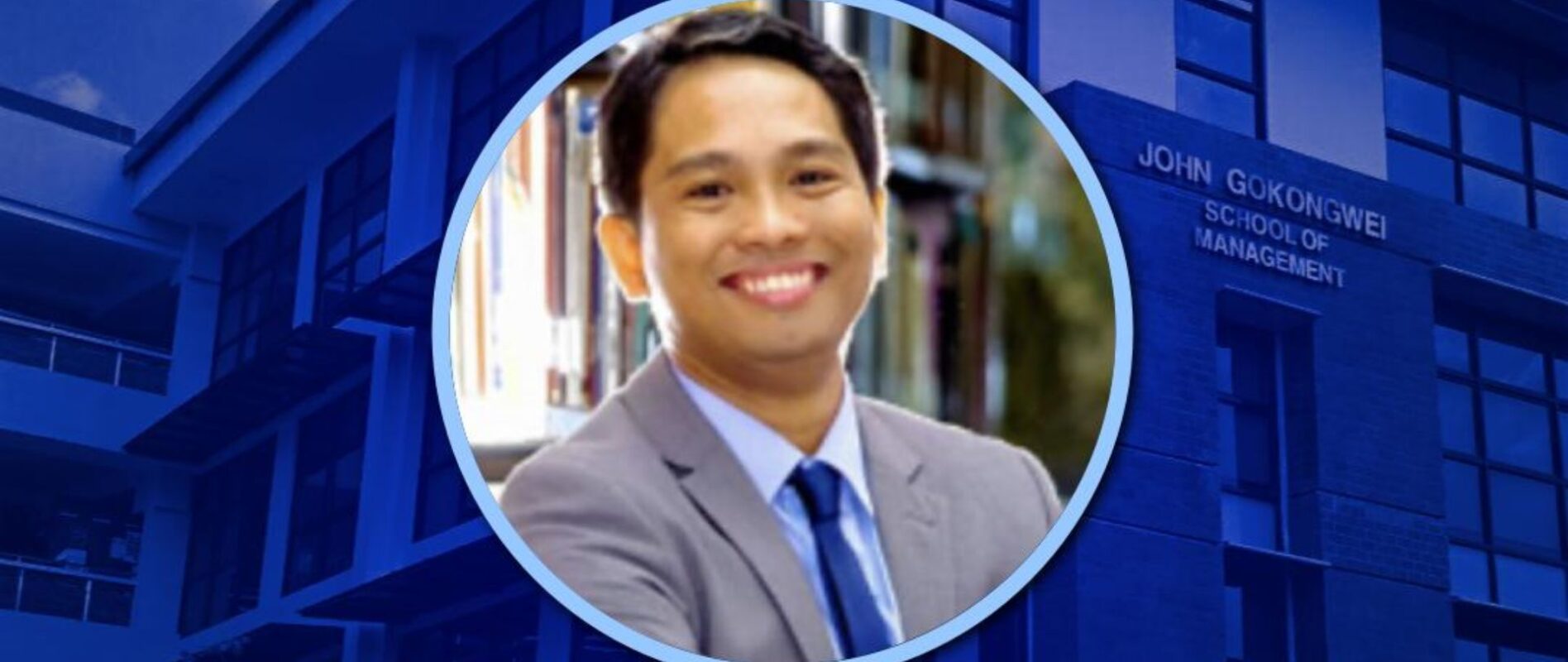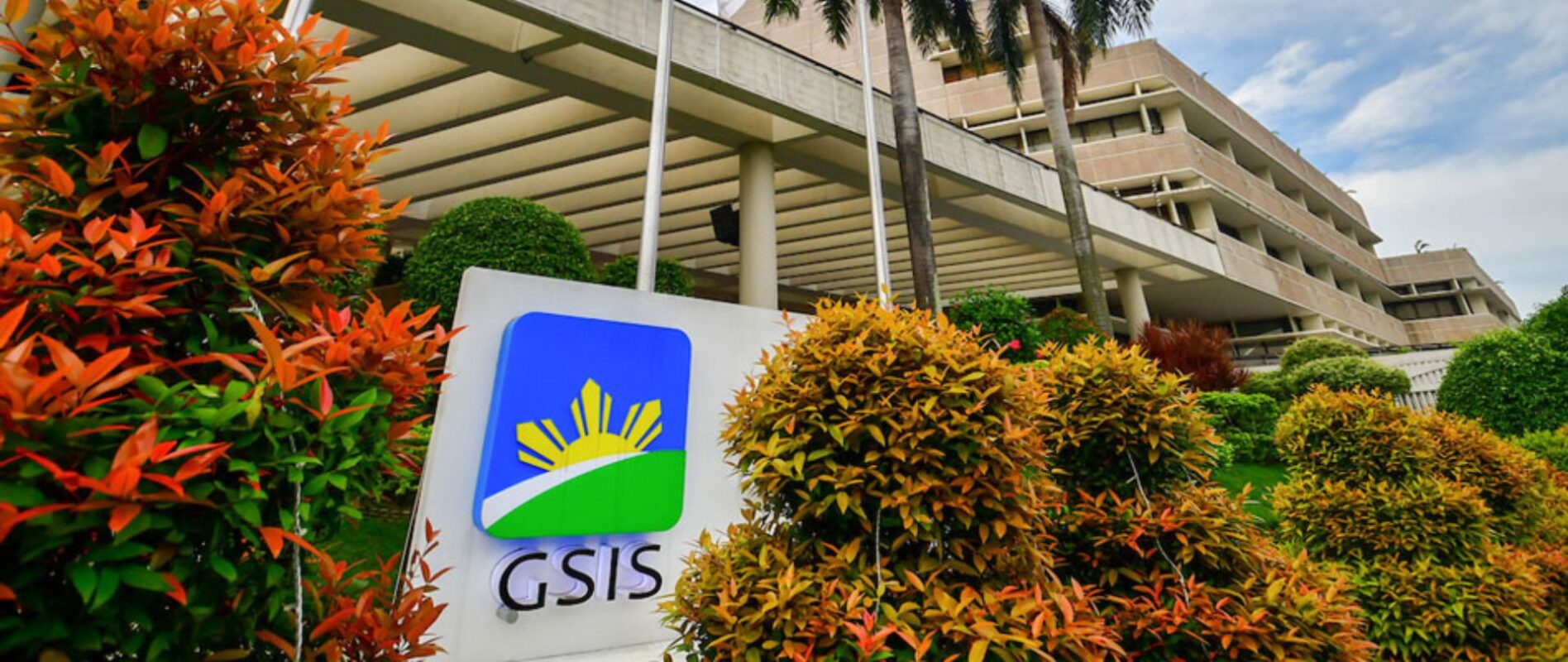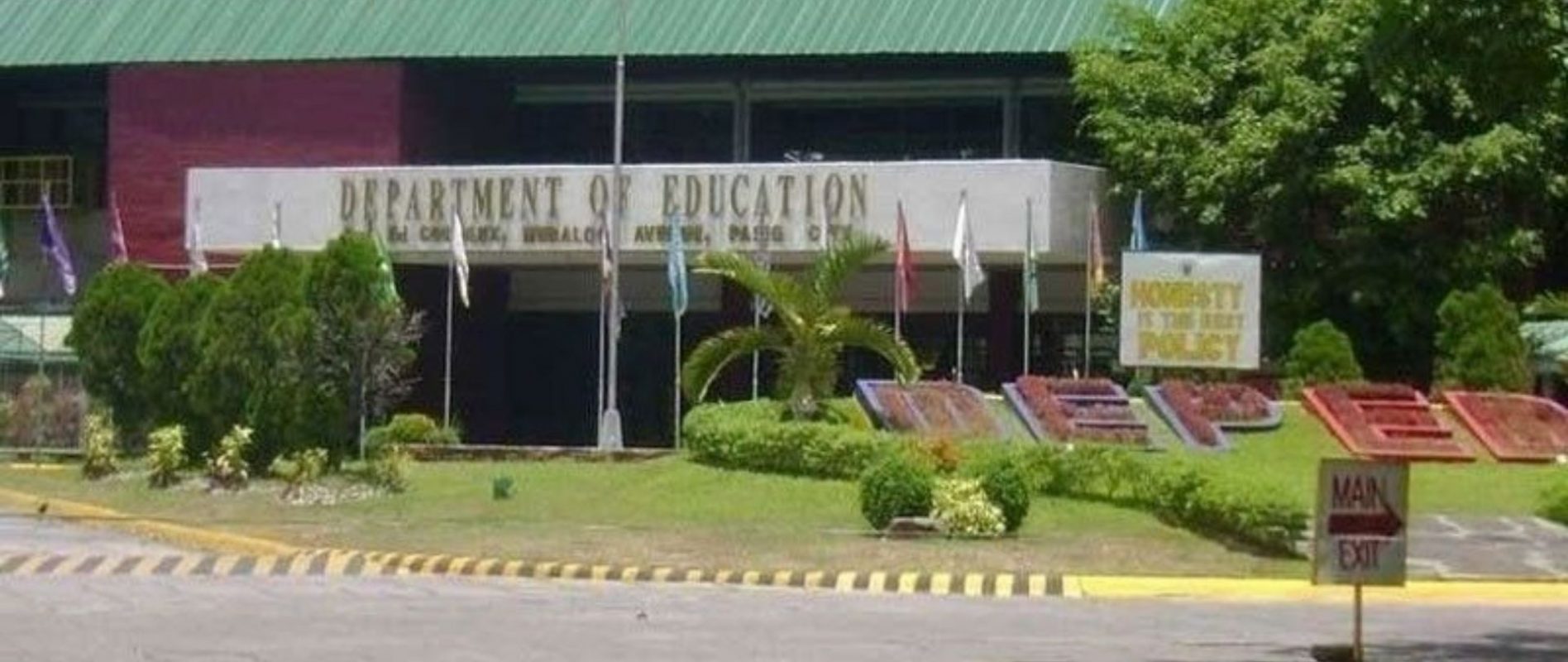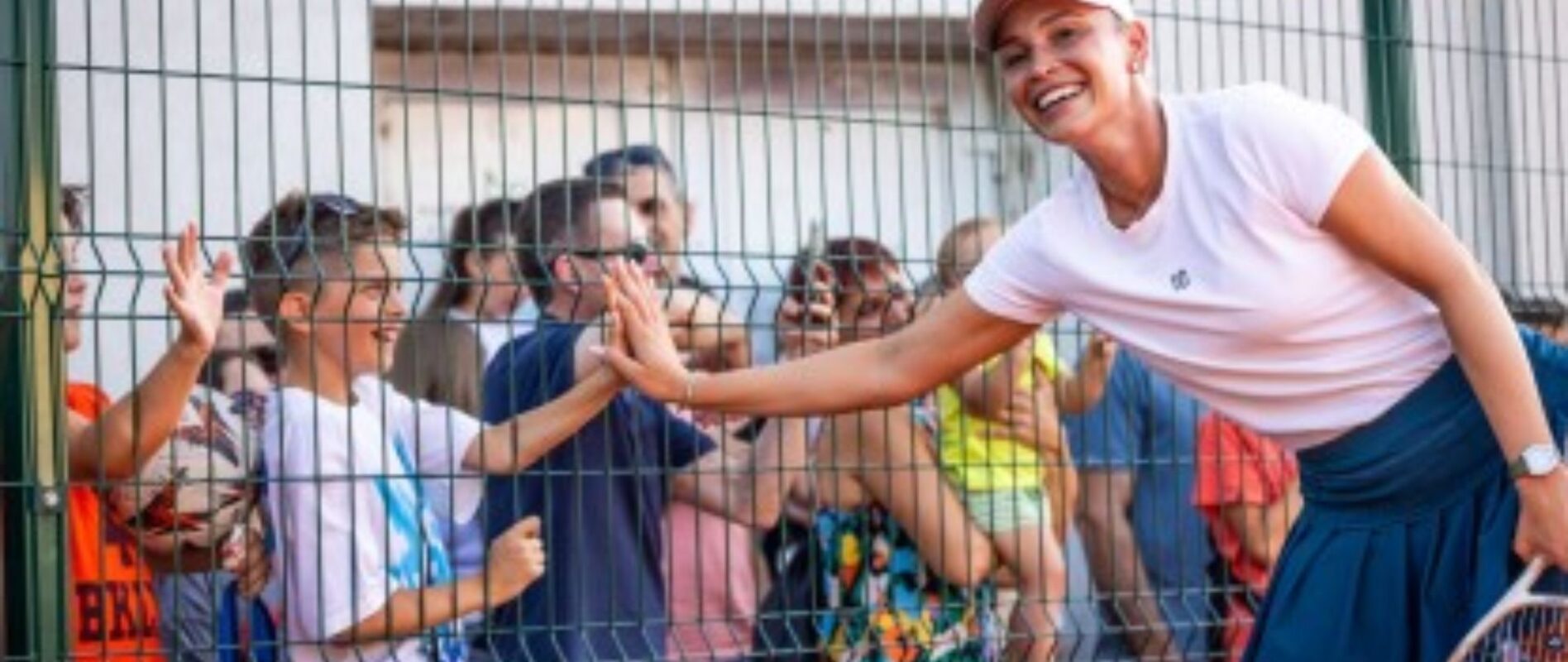BIG WIN FOR CHILDREN WITH DISABILITIES
WITH the signing of Republic Act 12199, or the Early Childhood Care and Development Systems Act, the government has taken a key step toward closing long-standing gaps and supporting all children from the very start.
This landmark legislation affirms the state’s responsibility to ensure the holistic development of children from birth to age eight. It mandates the ECCD System—which includes health, nutrition, education, and social services—to uphold inclusive and equitable standards.
Save the Children Philippines, through its participation in the Technical Working Group led by EDCOM II, pushed for the explicit inclusion of children with disabilities in the law. This includes provisions on reasonable accommodation, accessible environments, and respect for cultural and linguistic diversity.
“Children with disabilities often face delayed identification due to gaps in screening, social stigma, or lack of awareness among parents and frontline workers. These missed opportunities during early childhood have life-long consequences. This law addresses those gaps head-on,” said Joy Sampang, ECCD Technical Advisor at Save the Children Philippines.
Under the new law, children with disabilities must be accommodated through appropriate languages and modes of communication. They are also entitled to learning and play environments that support both academic and social development—especially important as Child Development Centers are established in every barangay across the country.
“We welcome the creation of Child Development Centers and ECCD offices across all provinces, cities, and municipalities. This opens the door for a shift from scattered efforts to a truly integrated, systems-focused ECCD model. We are offering our technical support to ensure the law’s provisions are effectively implemented through the drafting of the Implementing Rules and Regulations,” Sampang said.
Save the Children Philippines, along with Save the Children Hong Kong and bioMérieux, currently implements “ABLE,” a pioneering inclusive ECCD initiative reaching over 1,700 children and families in Taguig, Parañaque, and Pateros.
The project supports both mothers and fathers through parent-child sessions that promote responsive and inclusive care at home. ECCD workers are also trained in inclusive practices, and referral systems are established to help families access the services they need.
Soon, the organization will pilot a Conditional Cash Transfer scheme to help low-income families afford assessments and early interventions.
“We are seeing encouraging results in our three program areas. Children are accessing services earlier, parents are more engaged, and local governments are showing increased ownership. We hope to replicate these gains nationwide,” Sampang said.
In 2022, Save the Children Philippines championed Republic Act No. 11650, the Inclusive Education Act, which laid the groundwork for including children with disabilities in education and social services. The newly signed ECCD law builds on this by promoting inclusive care from birth—when intervention matters most.














